Students get a look at the ‘vicious’ real world with some ‘Adulting 101’
By James Grob, jgrob@charlescitypress.com
Zach Vote, software engineer, earns an annual gross income of over $82,000 per year.
That should be enough to live on pretty comfortably, one would think.
But don’t be too sure.
A senior at Charles City High School played the role of Zach Vote on Thursday, as 90-100 Charles City High School seniors took part in “Adulting 101” for the third consecutive year.
“The main goal is just to get a glimpse of life after high school,” said student Tait Arndt, who spearheaded the Iowa BIG North program. “It’s just to open their eyes to see how complex the real world is.”
Arndt created all the fictional adults and their financial situations, and scheduled the day for his fellow students.
The senior class was broken into small groups. Each student received a profile of his or her life: age and marital status, career, children’s ages, occupation, taxes, income, student loan amount and more, which they referenced while attempting many of the activities they might encounter as adults.
Five local banks, four real estate agencies, four insurance offices, plus local financial advisors Jeremy Heyer and Mark Sindlinger were among those in town who took part.
It’s part of an Iowa BIG North curriculum where students and businesses work together to give students authentic experiences.
“We just want them to get a glimpse and be prepared for all these things that are to come,” Arndt said. “We want them to provide for themselves, and be ready for the real world to attack them.”
Arndt said that “attack” really is an appropriate word, sometimes, for life after high school.
“It’s vicious. Some of them really figured out how vicious the real world can be,” he said.
Students were sent out into the community with their starting job’s first pay stub and told to see a real estate agent to buy a house, see a car salesperson to buy a car, visit with an insurance agent, and shop to feed their family. Essentially, the students experienced one month of adult life in one day.
Software engineer Zach Vote, for instance, with his cushy annual salary of more than $82,000, is left with a monthly net income of about $5,300 after taxes. His student loan debt is over $32,000, and his credit score is around 630.
“One of the things I knew about, because it’s something I’m thinking about right now, is the difference in college loans, comparing a private college to a college like NIACC,” Arndt said. “If you don’t get any money for a private college, you’re going to be about $100,000 in debt, but if you go to college like NIACC for two years, you’re only about $9,600 in debt.”
Although Arndt, and most of the students, weren’t surprised by the college costs, many were surprised at a lot of the other costs — for instance, insurance.
“I did not expect how much insurance there is,” Arndt said. “There’s insurance for like, everything out there.”
The students learned about medical insurance, dental insurance, life insurance and vehicle insurance. They learned about insurance premiums and deductibles — and what it all means to your bottom line.
Then came housing and transportation.
“Putting it together was just insane,” Arndt said. “I didn’t know how many different things adults have to think about, how many bills they have to pay, each and every week.”
The students looked at houses through Realtors, and learned the advantages and disadvantages of buying vs. renting . They considered all the aspects of life when looking at a house — whether they were married, had children, what their hobbies were, what were the best locations, important safety features and more.
“This year we actually went to a house and walked through real world stuff,” Arndt said.
The students also went through the process of buying a car.
“They’d go online, and look at new or pre-owned vehicles,” Arndt said. “A lot of them found out it’s good to save up money to buy a new car so you can make a good down payment, because there’s also interest on your money you’re paying for your car monthly.”
Emergency expenses were also factored in, and even the day-to-day expenses that kids tend to take for granted, such as gas and groceries.
“That was really interesting to me, too,” Arndt said. “I don’t usually go grocery shopping with my mom, and I was like, ‘This stuff is expensive!’”
At the end of the day, while the fictional Zach Vote was able to eke by, many of the other students weren’t as fortunate.
“Some kids were broke, some of the kids survived their life,” Arndt said. “The kids with the best incomes, most of their lives worked out pretty well, but it wasn’t easy.”

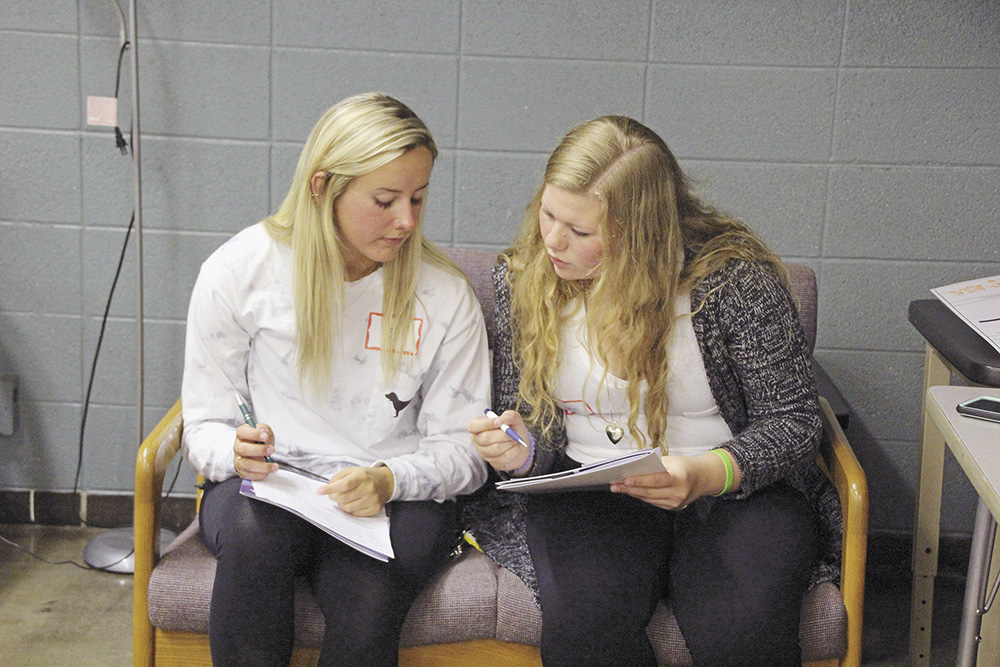
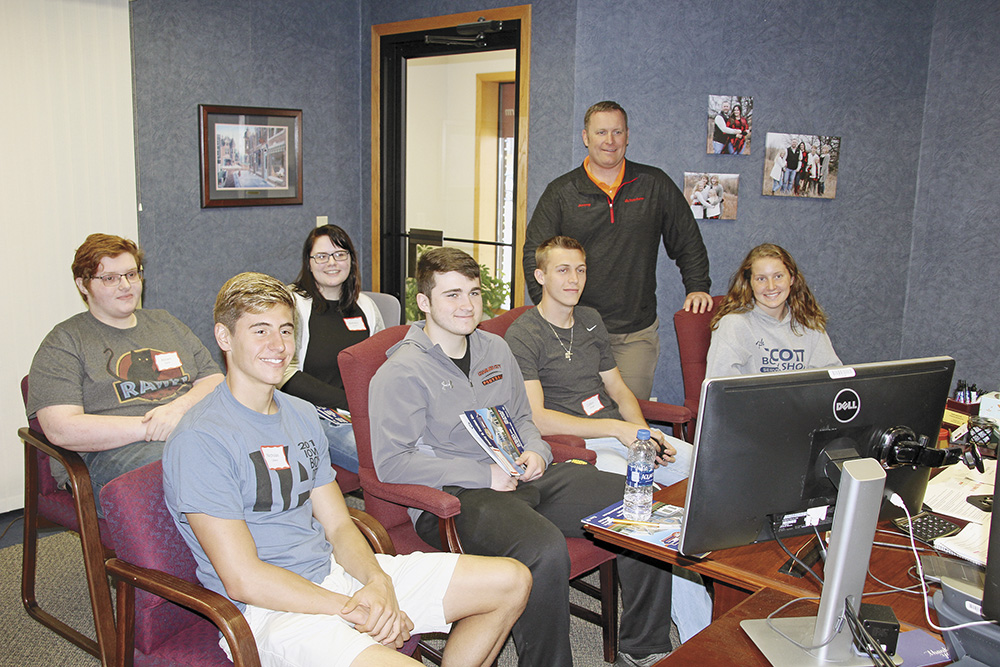
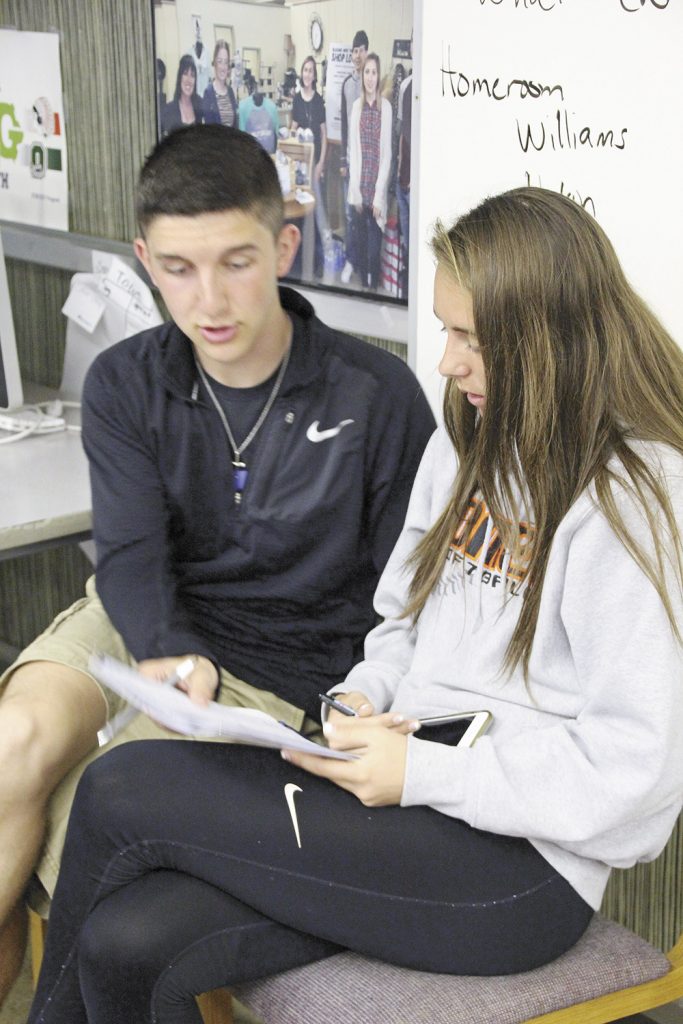
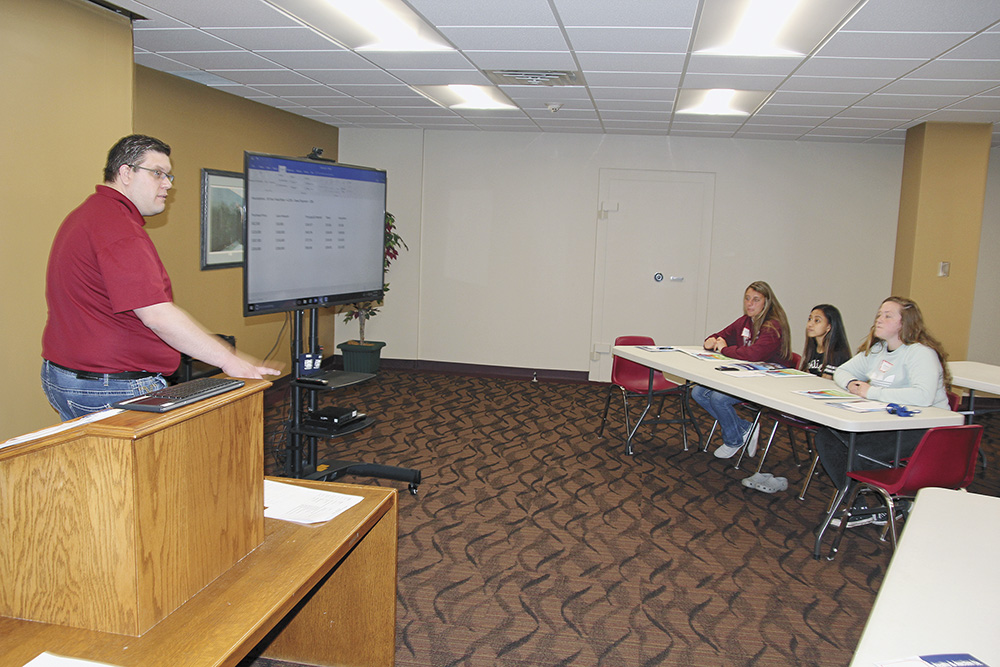
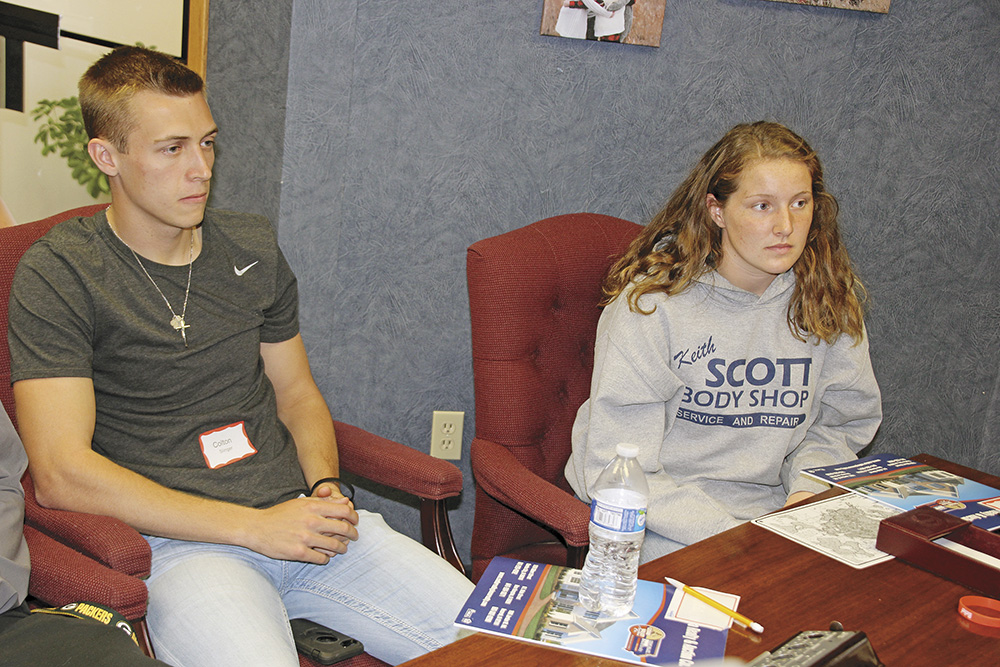
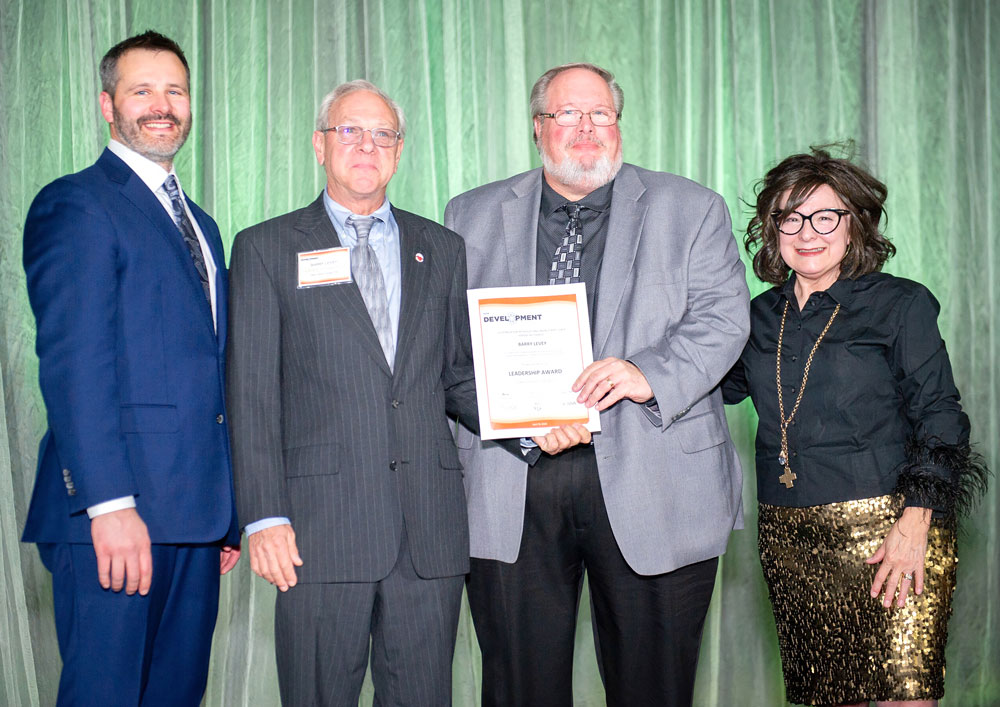


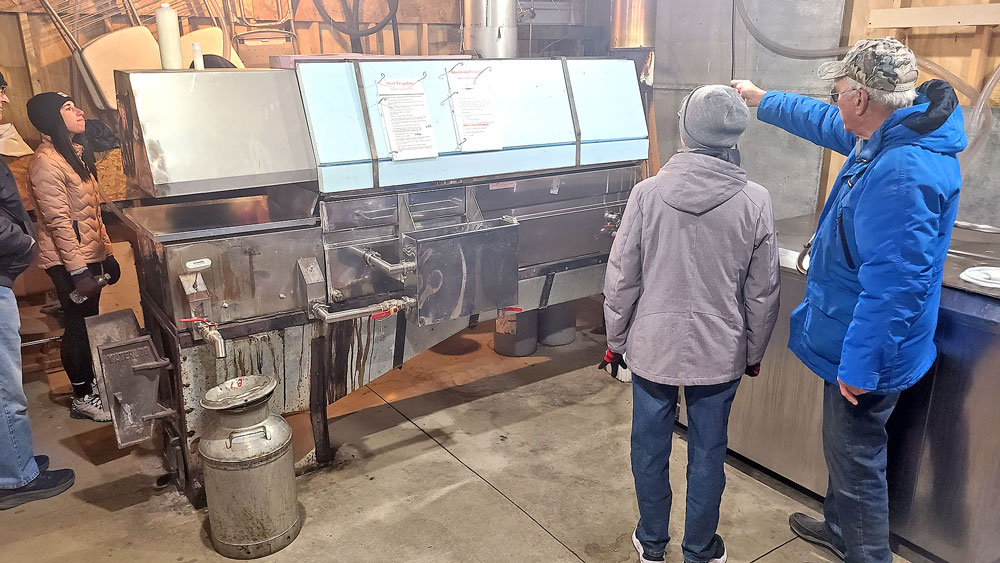

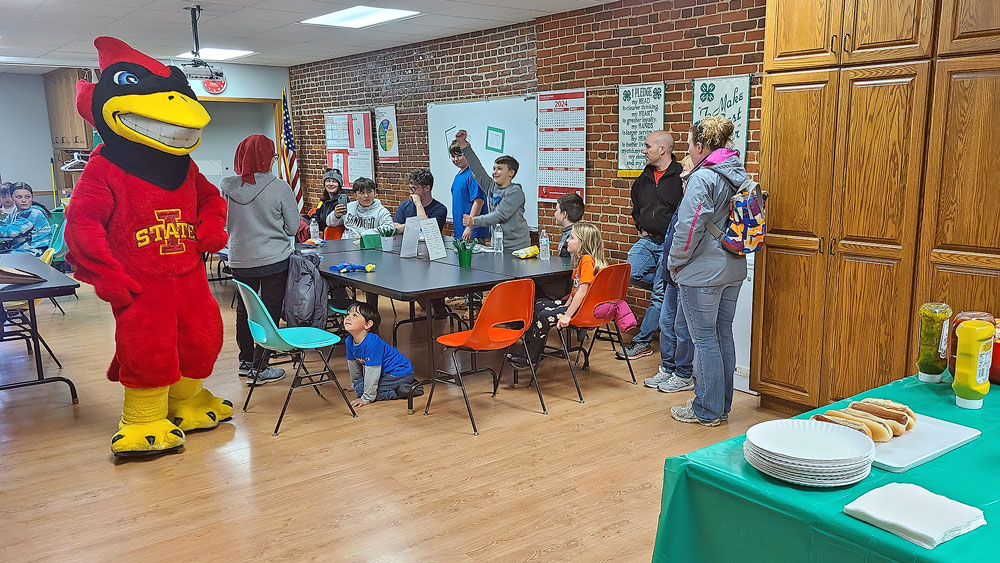


Social Share